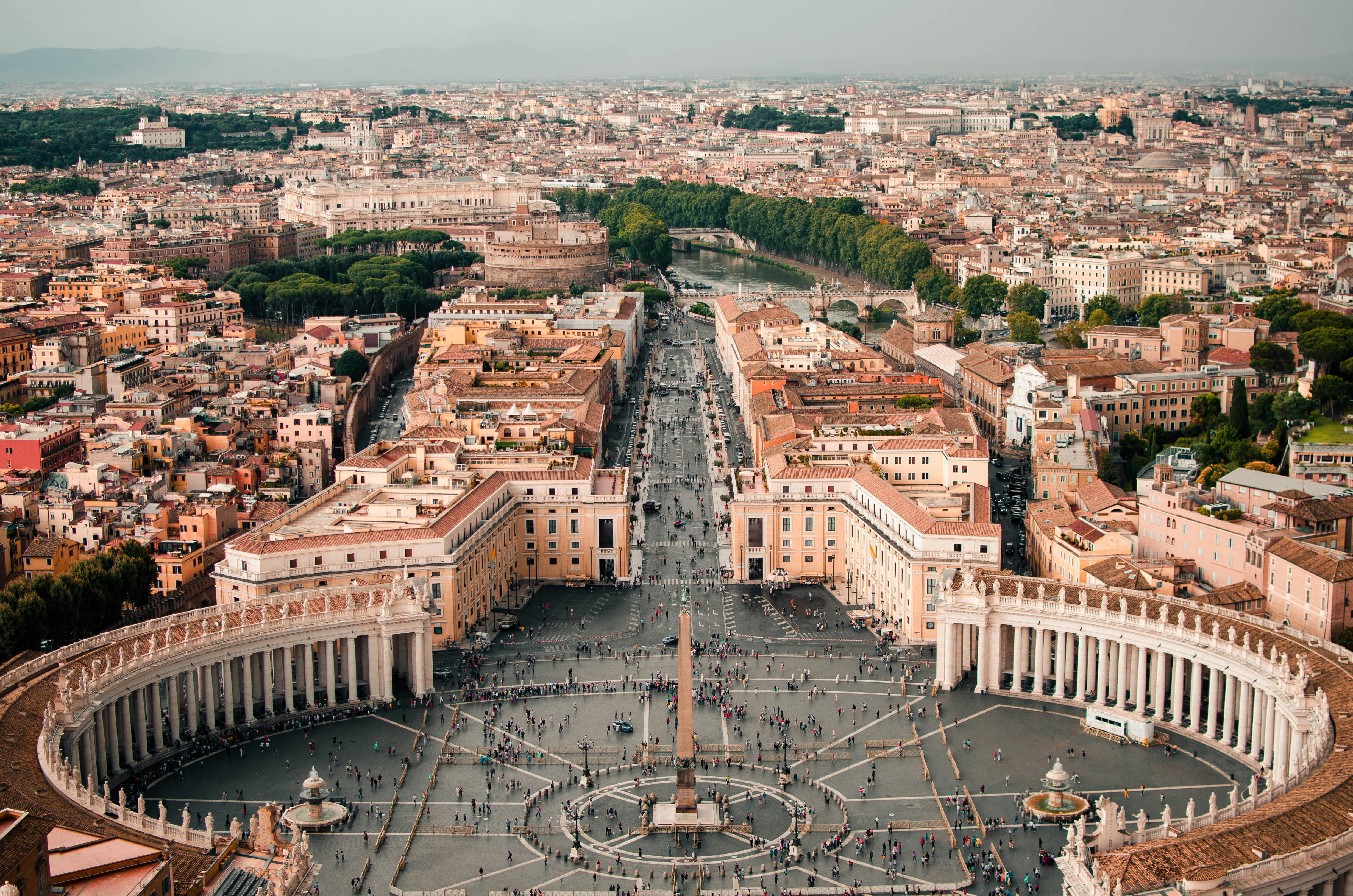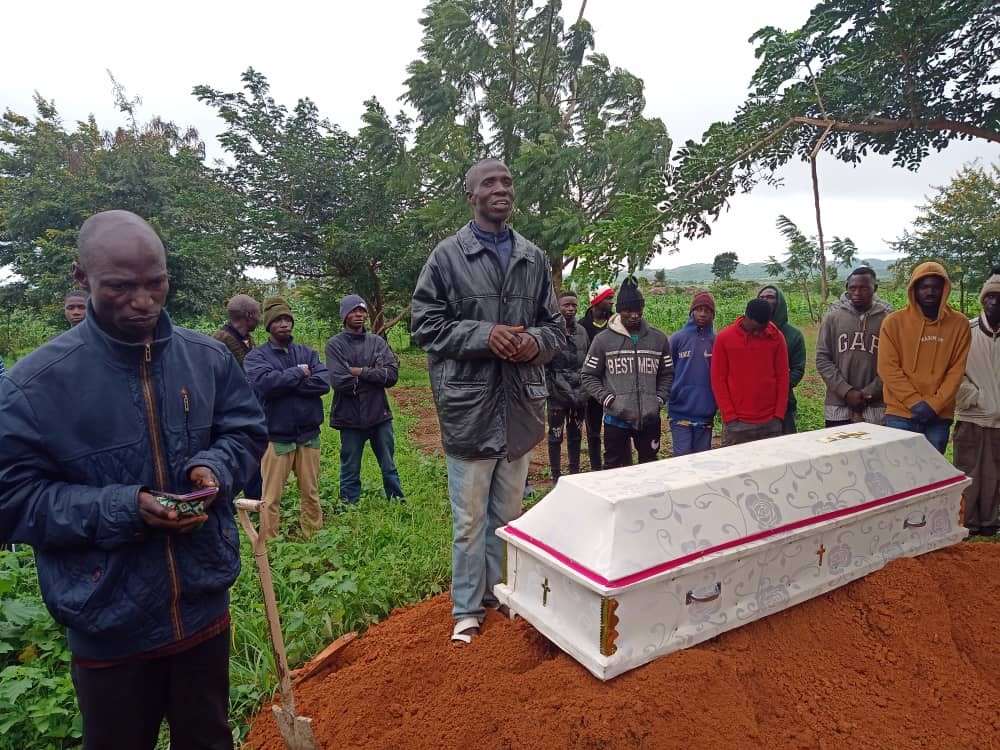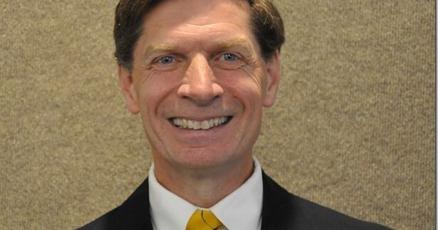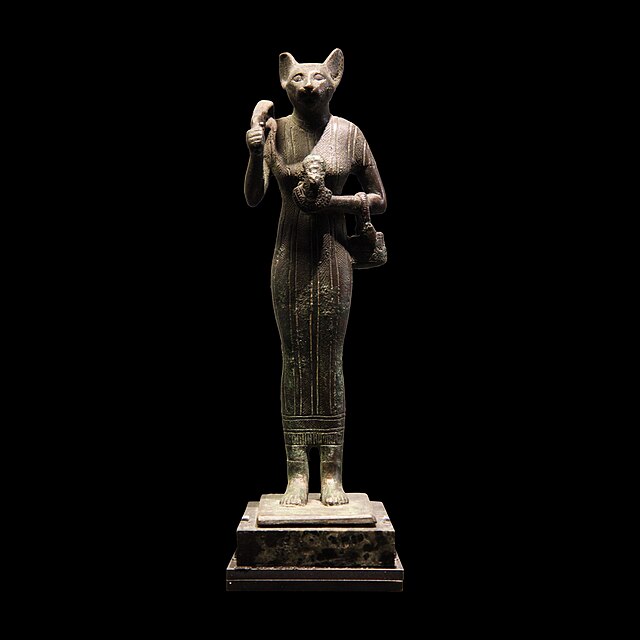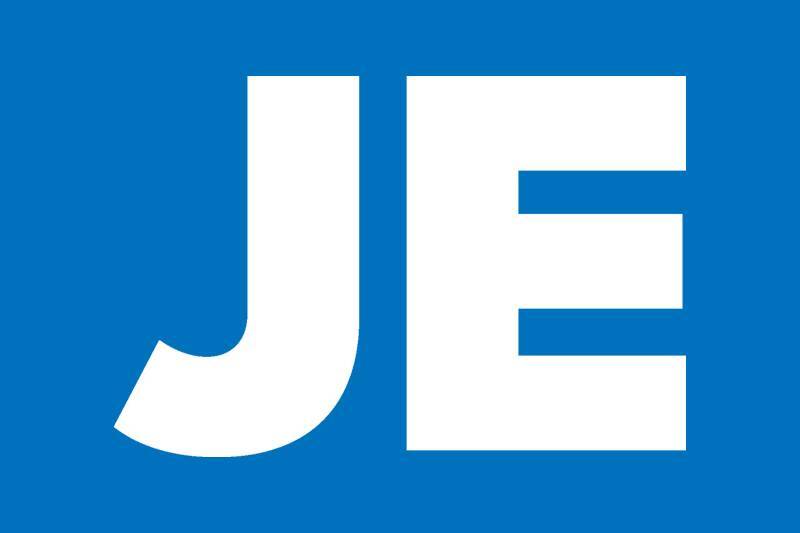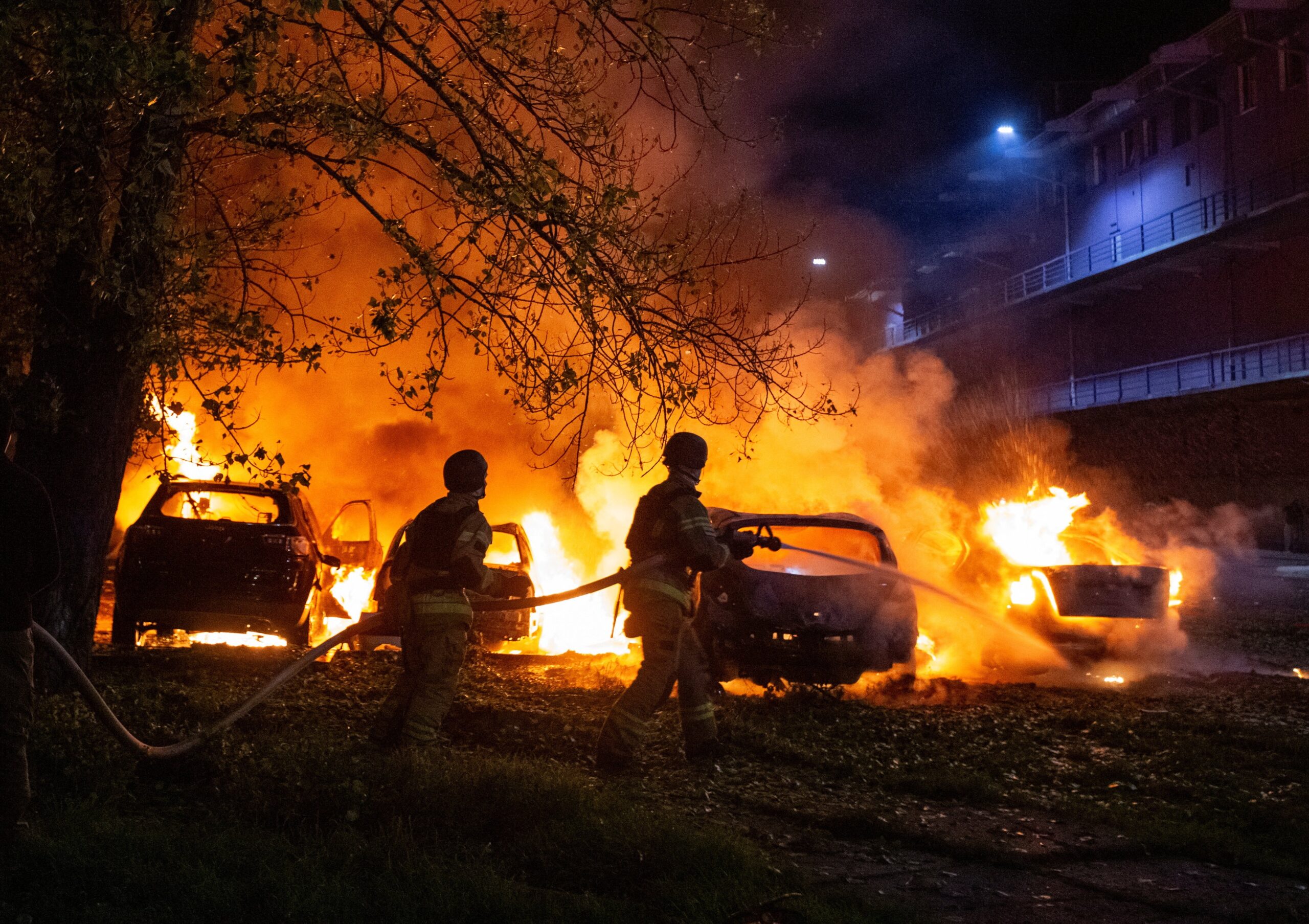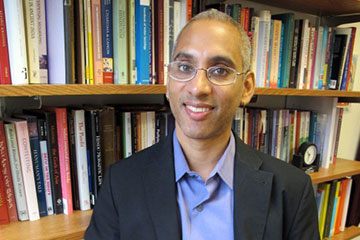
Breaking: Faith, Fear, and Control - When Devotion Becomes Domination
In a groundbreaking move, the Victorian government has launched an inquiry into the intricate and sensitive issue of coercive control within religious settings. This bold step signals a critical examination of the delicate boundary between deeply held theological beliefs and potentially harmful power dynamics. The newly established inquiry faces a nuanced and challenging task: carefully distinguishing between legitimate religious practices and manipulative behaviors that can undermine individual autonomy. By delving into this complex terrain, the committee aims to shed light on how religious contexts might inadvertently create environments where psychological and spiritual control can flourish. While the investigation promises to be intricate, it represents an important milestone in protecting vulnerable individuals and ensuring that religious freedom does not become a shield for oppressive practices. The committee will need to navigate theological complexities with sensitivity, precision, and a commitment to understanding the subtle mechanisms of control that can exist within religious communities.

